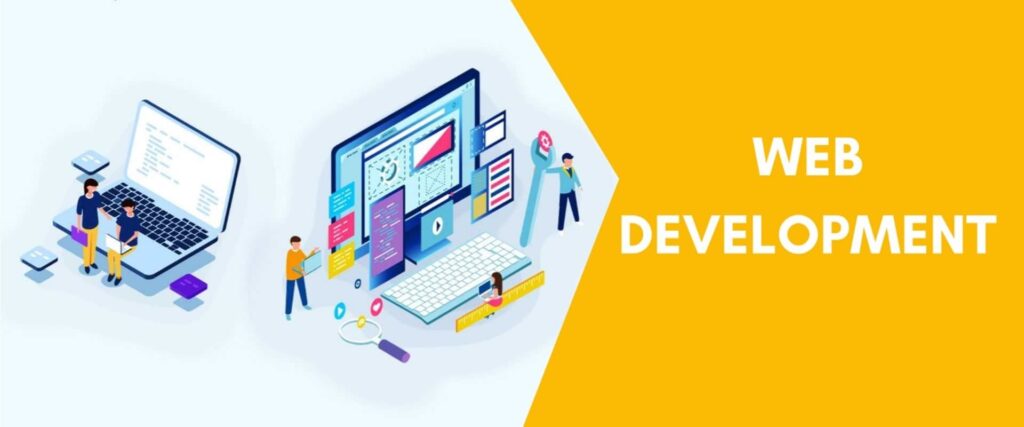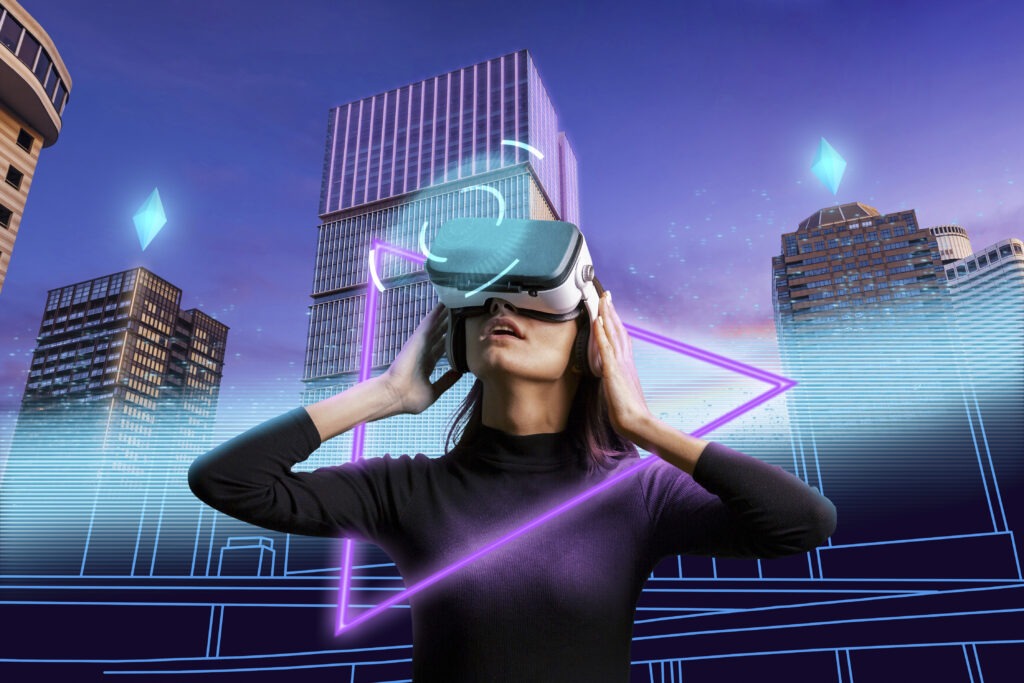
Top Healthcare App Development Concepts to Watch in 2023

Table of Contents
Healthcare is an ever-evolving field, and technology continues to play a vital role in shaping its future. As we approach the year 2023, it’s essential to keep an eye on the latest healthcare app development concepts that will revolutionize the industry. From personalized patient care to telemedicine solutions, these apps are set to transform how we interact with healthcare services. So buckle up and get ready as we take you through some of the top healthcare app development concepts you need to watch out for in 2023!
- Artificial Intelligence in Healthcare
Healthcare is one of the most data-rich industries in the world, and artificial intelligence (AI) has the potential to transform how this data is used to improve patient care. In recent years, we have seen AI being used in a variety of ways within healthcare, from diagnosis and treatment planning to disease prevention and population health management.
One of the most promising applications of AI in healthcare is its ability to help clinicians with diagnosis. By analyzing a patient’s medical history, symptoms, and test results, AI can provide doctors with a list of potential diagnoses, which can be used to guide further testing and treatment. This is especially valuable for rare diseases, where expert knowledge may be limited.
AI can also be used to improve treatment plans. By analyzing a patient’s medical history and current condition, AI can help doctors identify the best course of treatment. This is particularly useful for complex conditions that require multiple medications or treatments.
In addition to its uses in diagnosis and treatment, AI also has great potential for disease prevention. By analyzing data from population health studies, AI can identify patterns and trends that may indicate a future outbreak of a disease. This information can then be used to develop preventative measures, such as vaccinations or public health campaigns.
AI also has the potential to improve population health management. By analyzing data from electronic health records (EHRs), AI can identify risk factors for chronic diseases.
-
Blockchain in Healthcare
The potential of blockchain technology in healthcare is vast. From improving data security to streamlining workflow and processes, there are many ways that blockchain can make a positive impact in the healthcare industry. Here are some of the top ways that blockchain is being used in healthcare today:
- Data Security: One of the biggest concerns in healthcare is data security. With sensitive patient information being stored electronically, there is always the risk of hacking and data breaches. Blockchain technology can help to improve data security by encrypting data and creating a decentralized database that is much more difficult to hack into.
- Streamlined Workflow: Another benefit of blockchain technology is its ability to streamline workflow and processes. For example, medical records can be stored on a blockchain platform which would allow authorized parties such as doctors and nurses to access them quickly and easily. This could potentially save time and improve patient care.
- Improved Drug Traceability: One of the most important applications of blockchain technology in healthcare is improved drug traceability. By tracking drugs throughout their supply chain from manufacturing to dispensing, blockchain can help to ensure that patients receive safe and effective medications. This traceability also allows for better recall procedures in the event that a problem is discovered with a particular medication.
- fraud detection: Another way that blockchain technology can be used in healthcare is for fraud detection. By tracking claims and payments, blockchain can help to identify fraudulent activity such as false billing or duplicate claims
-
Telemedicine
Telemedicine is one of the top healthcare app development concepts to watch in 2020. This technology allows patients to consult with doctors and other healthcare professionals online or via video conferencing. Telemedicine can be used for a variety of purposes, including diagnosing and treating illnesses, providing preventive care and health education, and monitoring patients’ progress after surgery or a hospital stay.
There are many telemedicine platforms available, each with its own features and benefits. When choosing a platform for your app, it’s important to consider your target audience and what type of consultation they will need. For example, some platforms are better suited for one-on-one consultations while others offer group video visits.
In addition to choosing the right platform, you’ll also need to make sure your telemedicine app is HIPAA compliant. This means ensuring that all patient data is securely stored and transmitted using encryption.
-
Virtual Reality in Healthcare
Virtual reality in healthcare is one of the top healthcare app development concepts to watch in 2019. This technology has the potential to revolutionize the way medical professionals diagnose and treat patients.
Virtual reality can be used to create realistic simulations of medical procedures. This can help doctors to learn new techniques and gain experience in complex cases. It can also be used to train medical students.
Virtual reality can also be used to provide patients with immersive experiences that can help them cope with pain, anxiety, and fear. For example, VR can be used to help people who are afraid of heights overcome their fear by gradually exposing them to height situations in a controlled environment.
There are many other potential applications of virtual reality in healthcare. For example, VR could be used to create realistic 3D models of organs and body parts for educational purposes. It could also be used to develop new prosthetic limbs or assistive devices for people with disabilities.
-
Digital Therapeutics
Digital therapeutics is a new and exciting field in healthcare app development. By definition, digital therapeutics are “evidence-based therapies that use technology to deliver evidence-based treatment and/or prevention plans to patients.” In other words, digital therapeutics use apps and other digital tools to help patients manage their health.
Digital therapeutics are often used to treat chronic conditions like diabetes, heart disease, and obesity. They can also be used to address mental health issues like anxiety and depression. Digital therapeutics have the potential to improve patient outcomes by providing more personalized care.
-
There are a few key things to keep in mind when developing digital therapeutics
- Evidence-Based: The first and most important thing is that digital therapeutics must be evidence-based. That means that they should be based on scientific research and clinical data. There are a lot of sexy new technologies out there, but if there’s no evidence to support their use, then they’re not worth developing.
- Personalized: Digital therapeutics should be personalized to the individual patient. One size does not fit all when it comes to healthcare. What works for one patient may not work for another. By personalizing digital therapeutics, we can provide each patient with the care that they need.
- Engaging: Digital therapeutics should be engaging for the patient. If patients don’t stick with the program, then it won’t work. That’s why it’s important
Conclusion
Healthcare app development is an ever-evolving field with new concepts and features that are constantly being introduced. In this article, we have discussed some of the top healthcare app development concepts to look out for in 2023. These include AI-enabled applications, telehealth apps, digital health records, medical imaging apps and more. Incorporating these developments into your healthcare app can help improve the user experience and make it easier for doctors to provide safe and effective care to their patients.
Share Article:
Table of Contents


Effortless Inventory Control: Streamline Your Business with Our Customer-Centric Inventory Management Solution

Transform Your Online Presence with Premier Web Development Services in California


Related Articles

Navigating the Digital Classroom: The Future of Online Learning Management Systems

Effortless Inventory Control: Streamline Your Business with Our Customer-Centric Inventory Management Solution

